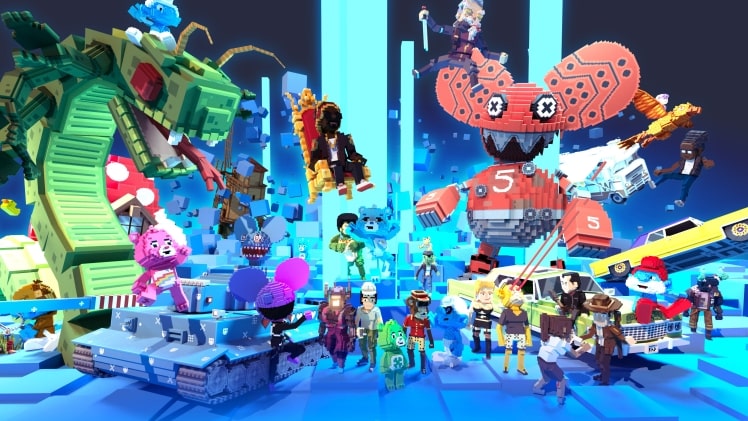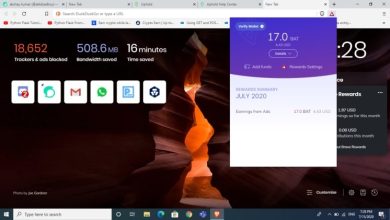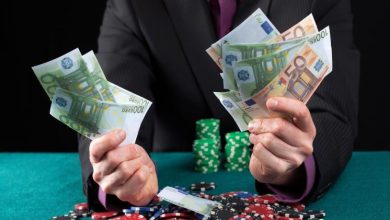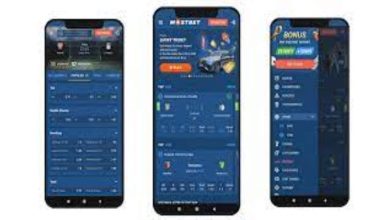What Are NFT Games?

NFT is short for “non-fungible token”, and we hear this term more and more often today. It’s even being mentioned in the game industry now, and multiple NFT games have been launched. It looks like it will soon be used even in niche options like demo slots online. So, what is NFT, and how does it work? What are NFT games, and what exactly do they offer? In this article, we answer all these questions.
What is NFT?
In order to explain NFT games, we first need to explain what NFT is. Classic cryptocurrencies like Bitcoin are “fungible”, meaning cryptocurrencies on the blockchain are no different from each other. Consider a deck of cards, all made up of the same card: BTCs on the Bitcoin blockchain are like this. There is no difference between user A’s BTC and user B’s BTC.
NFTs, on the other hand, are essentially crypto coins that run on the Ethereum blockchain. Ethereum has a more advanced blockchain than Bitcoin and supports many different things like text files, music, images, even autonomous programs. So, for example, it is possible to add a file/program to a currency that runs on the Ethereum blockchain. This program can, for example, make an action happen automatically when a certain condition is met (this is the basic idea behind smart contracts). In addition, you can add something that sets one cryptocurrency apart from others – for example, a license file: this is how NFTs work. Let’s say you are an artist, take a photo of one of your works, and create an NFT by uploading this image file to the Ethereum blockchain with a license certificate. This NFT now has a distinguishable feature from the others, and even if it is transferred to someone else, its distinctive features will not disappear.
What is most often confused here is that NFTs are considered “copyright” or “intellectual property”. If an artist sells one of his works with NFT, he/she is not deemed to have transferred the copyright privileges. If you bought that work at an auction, for example, you would be given a certificate of ownership. NFTs are the digital version of this certificate and the blockchain stands for the auction house. With NFT, you can take ownership of something and prove it, but you do not inherit the copyright (on intellectual and artistic works).
What are NFT games?
Now you know what NFTs are. You may have seen that even big developers like Ubisoft and Electronic Arts have recently announced that they are planning to add NFT to their games. So how is this technology used in the game industry?
To answer this question, let’s take a look at the game released in 2017: Crypto Kitties. In this game, players could collect different types of cats, breed them and create new types of cats. Some cat breeds could be rarer, more aesthetic and more powerful than others: the results were random. If you got a rare and high-quality cat by chance, you could sell it to other players. This sale transaction was also carried out using NFTs. In other words, your cat’s digital information is uploaded to an NFT, and the person who owns that becomes the owner of the cat. NFTs of extremely rare cats were even being offered for sale on major crypto exchanges.
It’s surprising that game developers who obviously enjoy monetization haven’t discovered NFTs until now. This technology has been around since 2016 and offers everything giant gaming companies could ask for. In games developed by Ubisoft and EA, NFTs will be used to distinguish, trade and sell in-game items. For example:
- Ubisoft will create an NFT for a weapon it adds to an action game and sell it for real money. The player who buys this NFT will be the sole owner of that weapon in the game.
- The items collected as loot while playing the game can also be offered for sale or traded by the players. NFT will also be used for this: every item in the game will be represented by a unique NFT.
In addition to these, there are some different projects developed by indie studios. These are simple titles, often designed as “metaverse” games. Players can earn specific cryptos token just by playing and use them to buy NFTs. These NFTs also represent valuable digital assets in the game (for example, virtual land). Games of this kind are called “play-to-earn”.
Because NFTs run on the blockchain, you don’t necessarily have to use them in the game. If you have an NFT of a valuable in-game item, you can sell it on crypto exchanges. So, these games are played not only by gamers but also by investors: NFT of a valuable and rare game item can be sold for extremely high prices. If you want, you can also keep an NFT on the blockchain and expect it to increase in value: like old baseball cards that are sold for millions of dollars, it is possible for NFTs to become much more valuable over time.




